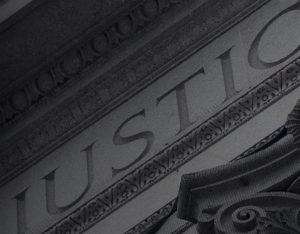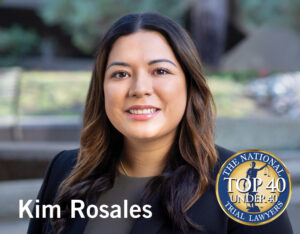False claims in health care cost taxpayers billions.
The Government Accountability Office estimated that in 2010 at least 10 percent of all Medicare payments were fraudulent — meaning that Medicare paid out at least $48 billion due to health care fraud in that year alone. Whistleblower lawsuits brought under the False Claims Act (FCA) have been the main tool the government has used to crack down on health care fraud. Specifically, an action may be brought under the Act for false or fraudulent Medicare, Medicaid, or TRICARE billing.
There are many ways in which companies or individuals can perpetrate fraud in Medicare and Medicaid. Recent cases that have settled include claims that large pharmaceutical companies used kickbacks to induce doctors to write prescriptions for the companies’ drugs. The government has also pursued cases in which pharmaceutical companies have marketed drugs for uses not approved by the FDA — a practice known as off-label marketing. Such claims are considered false because the marketing of drugs for unapproved uses is illegal, and also because in most circumstances, Medicare and Medicaid are not authorized to cover payment for such uses.





